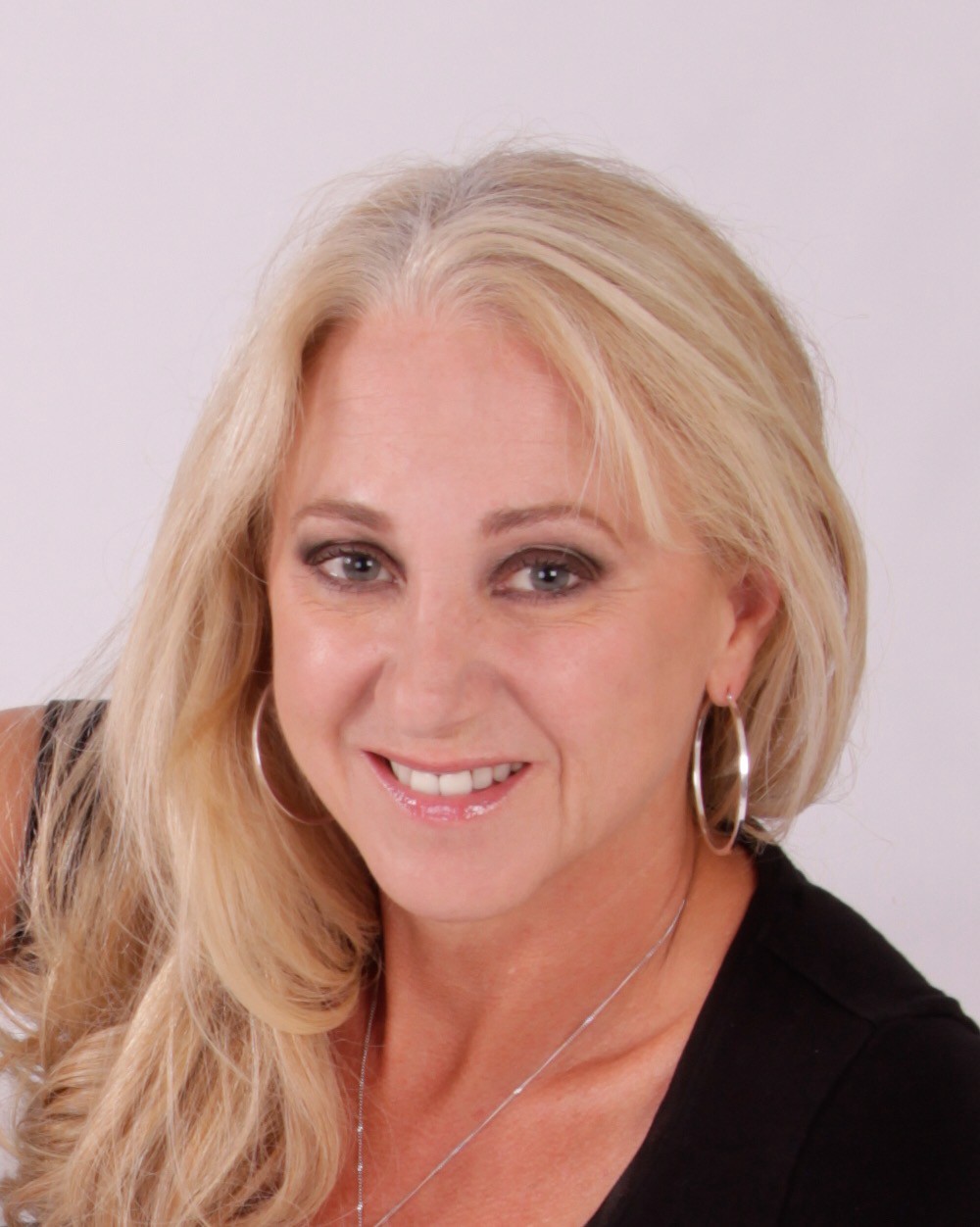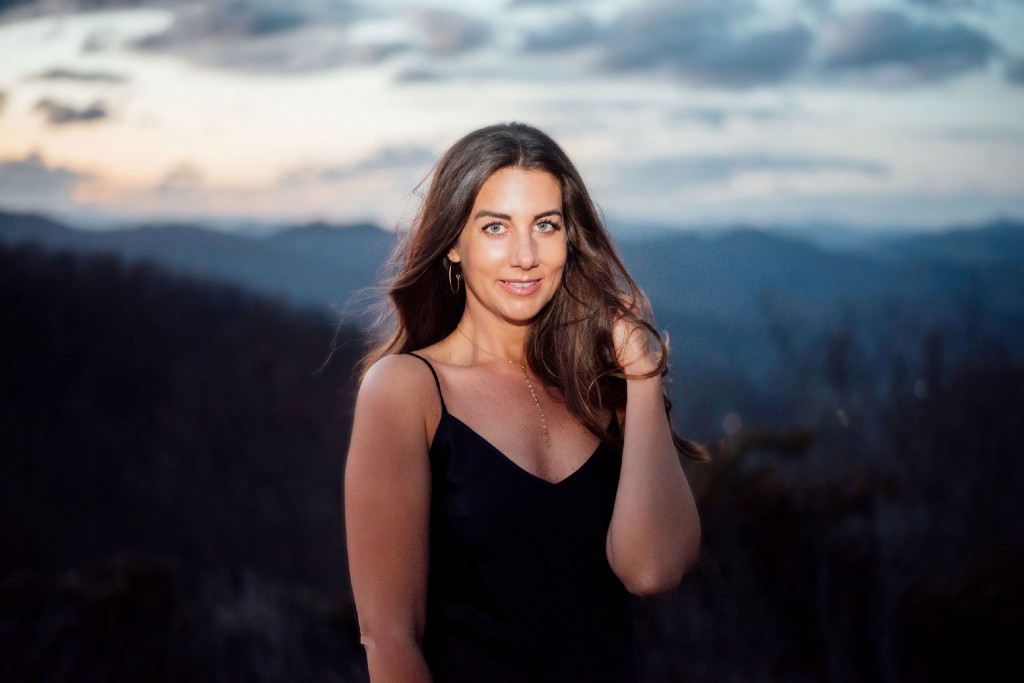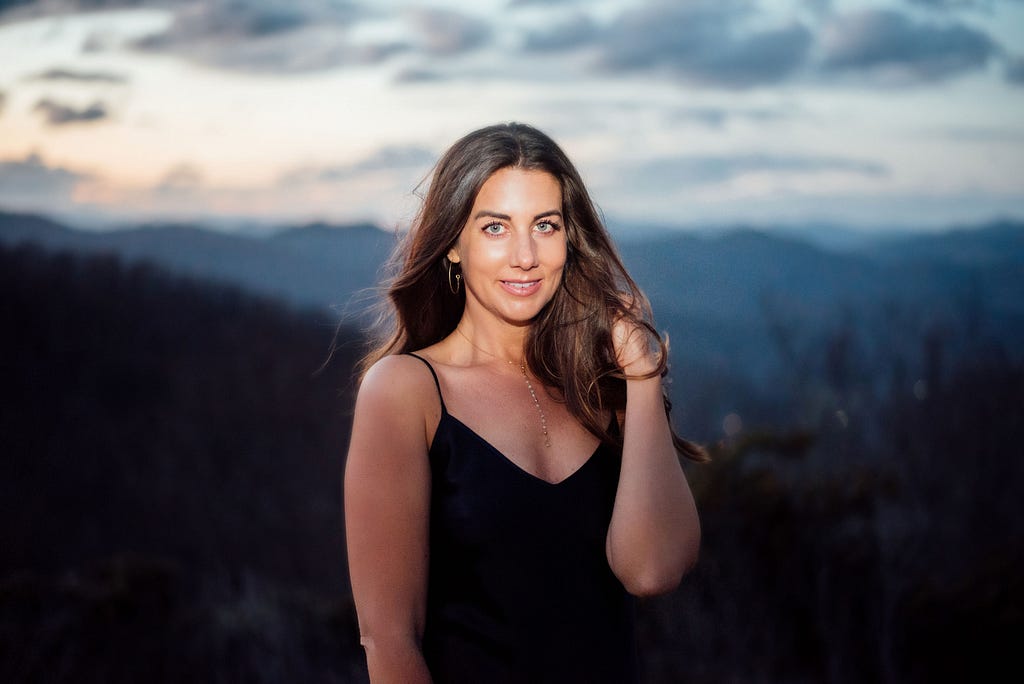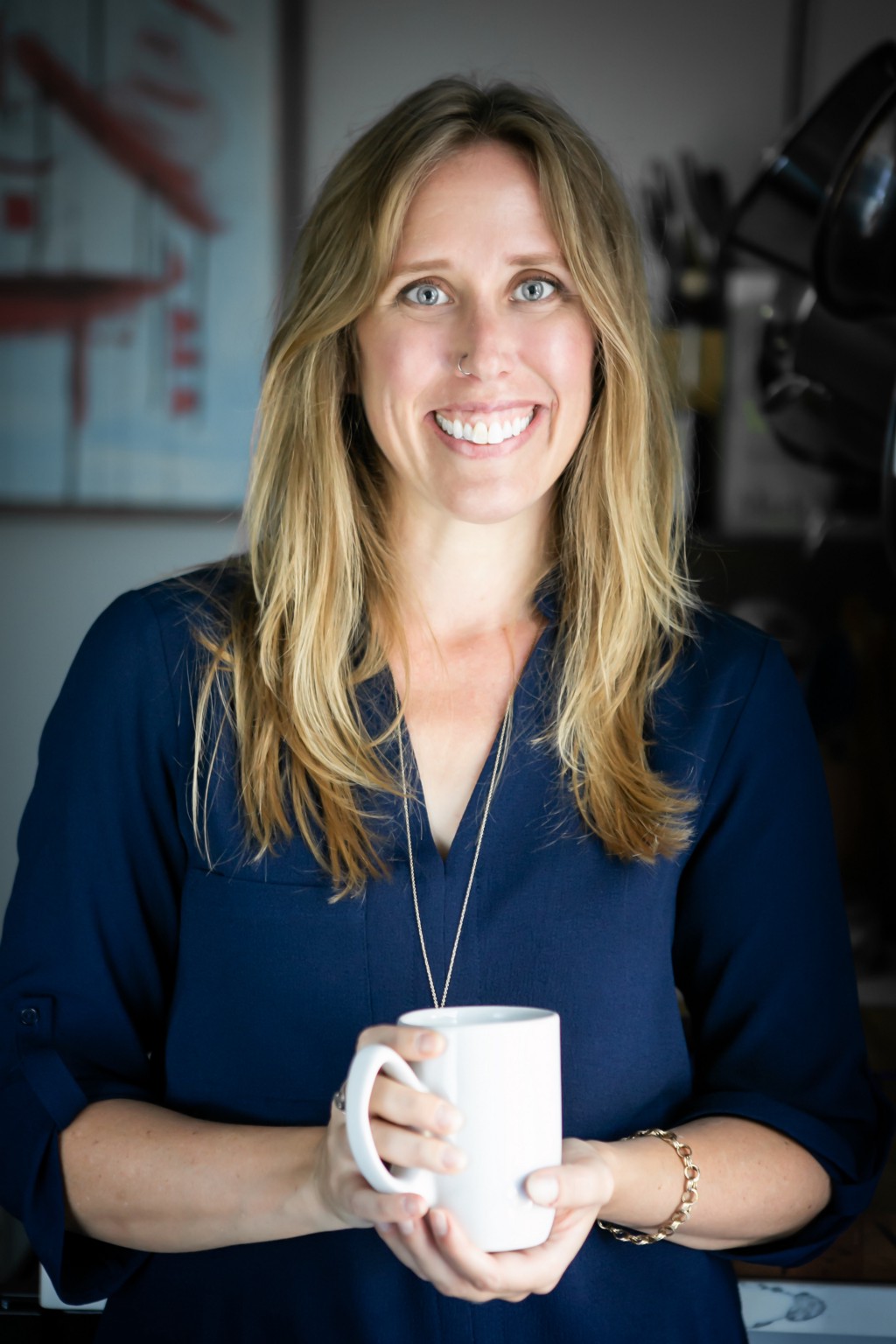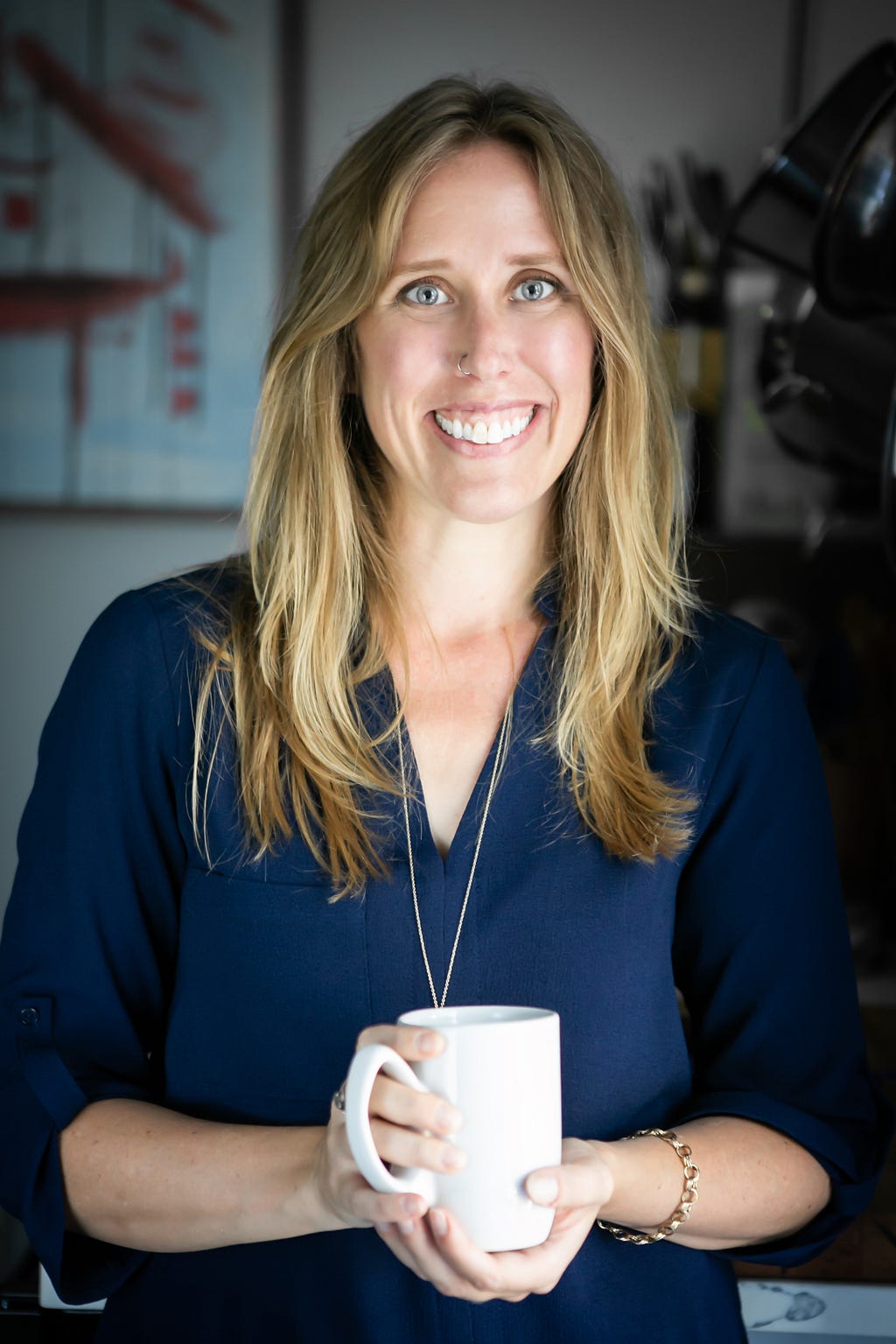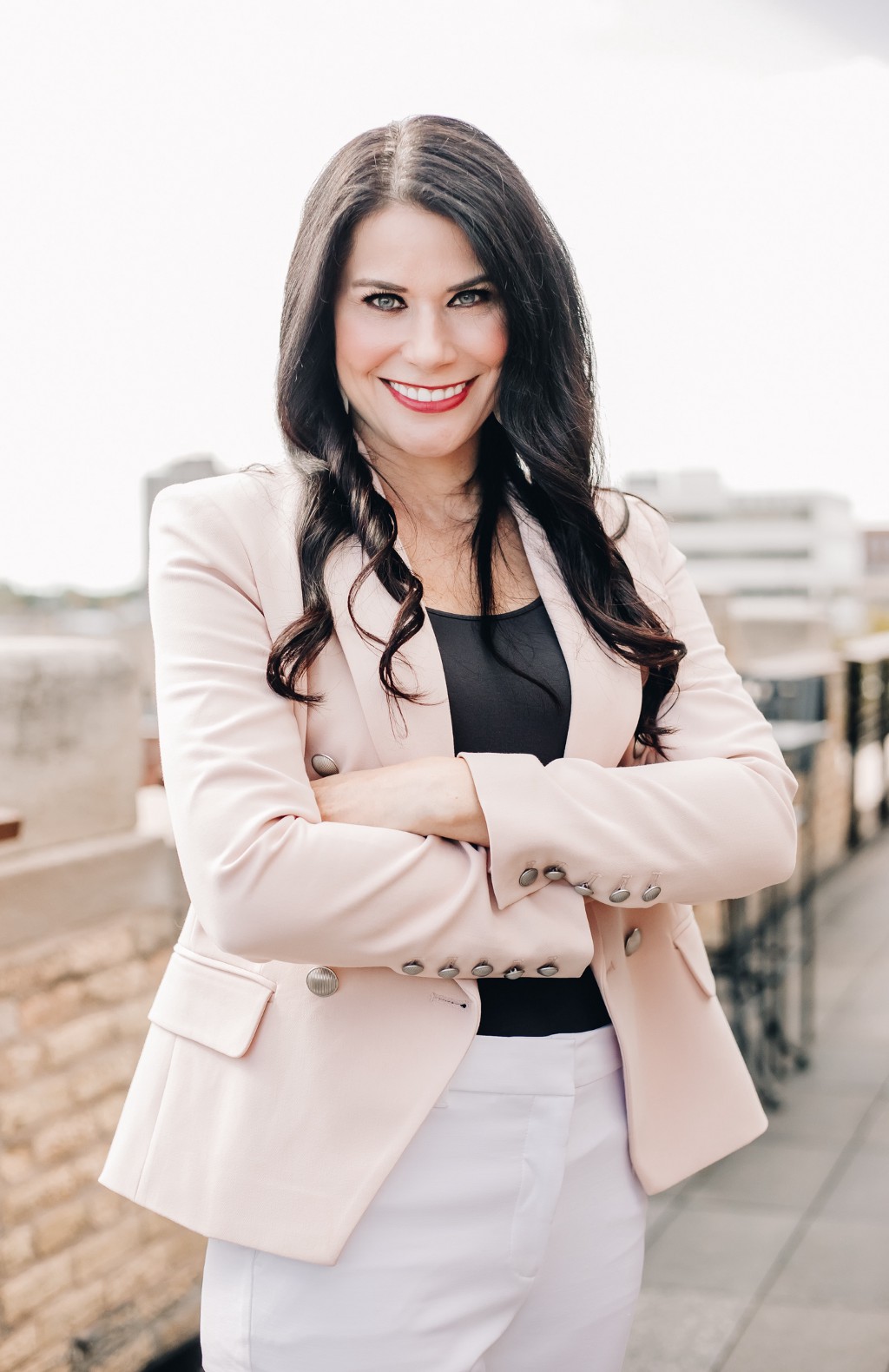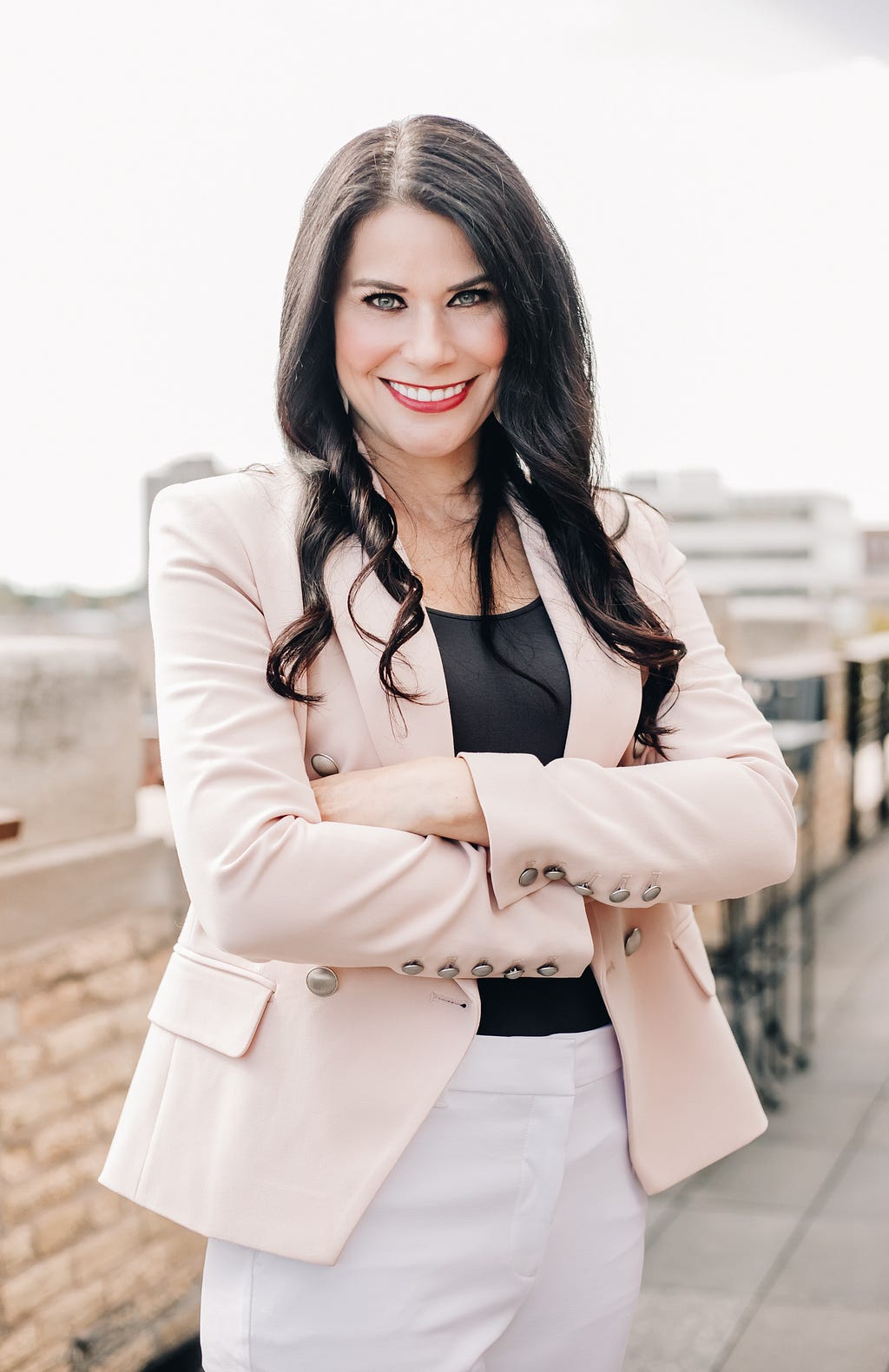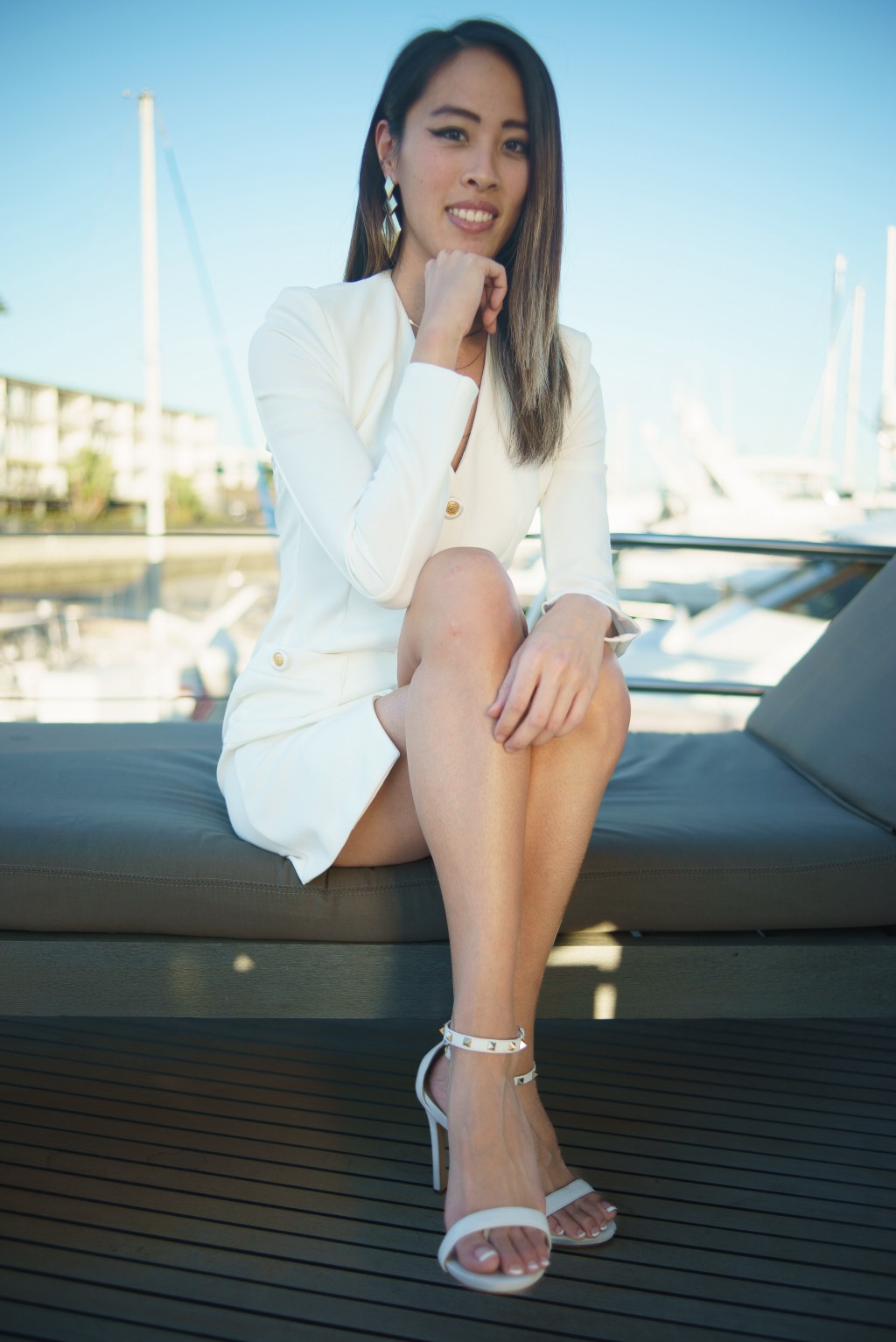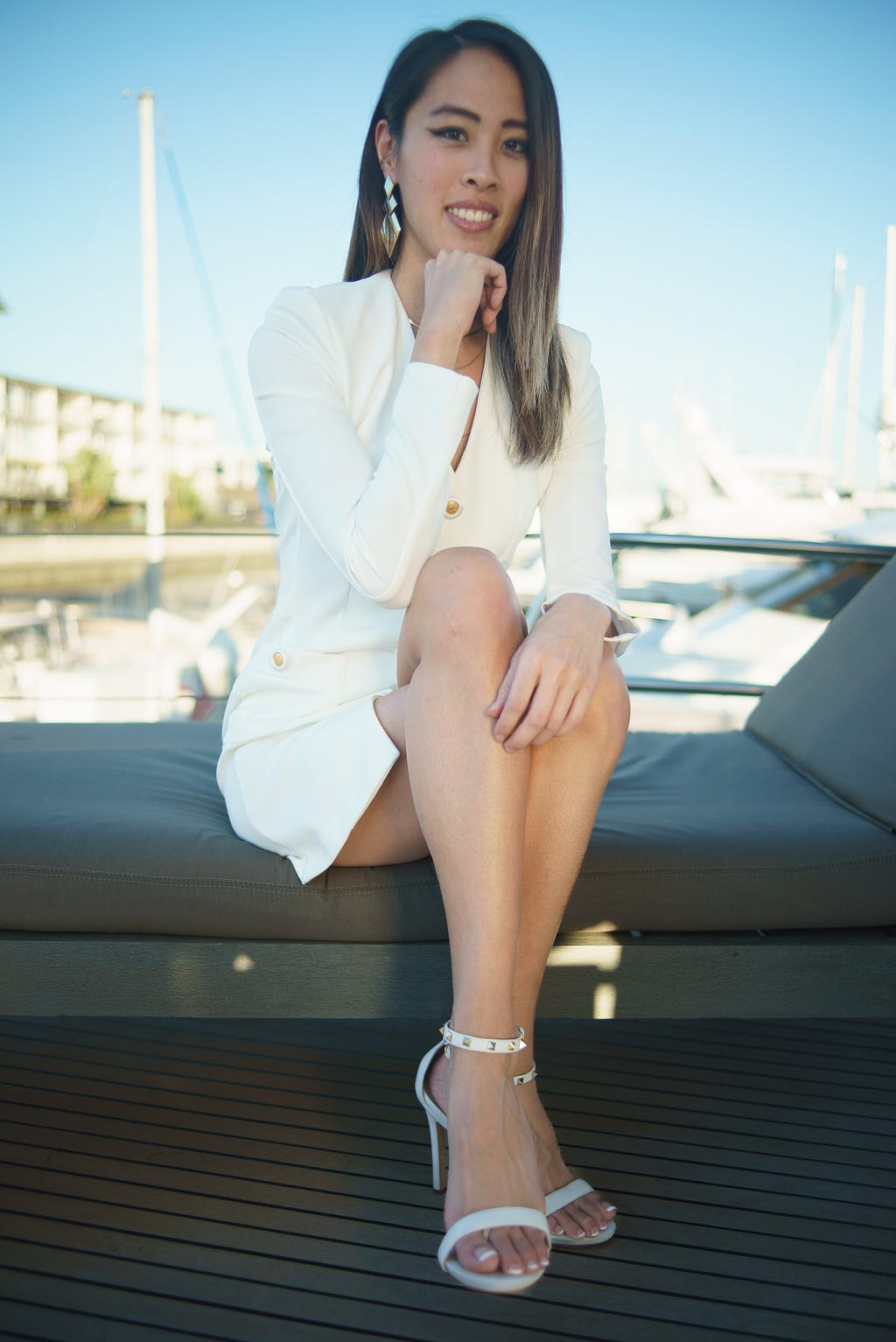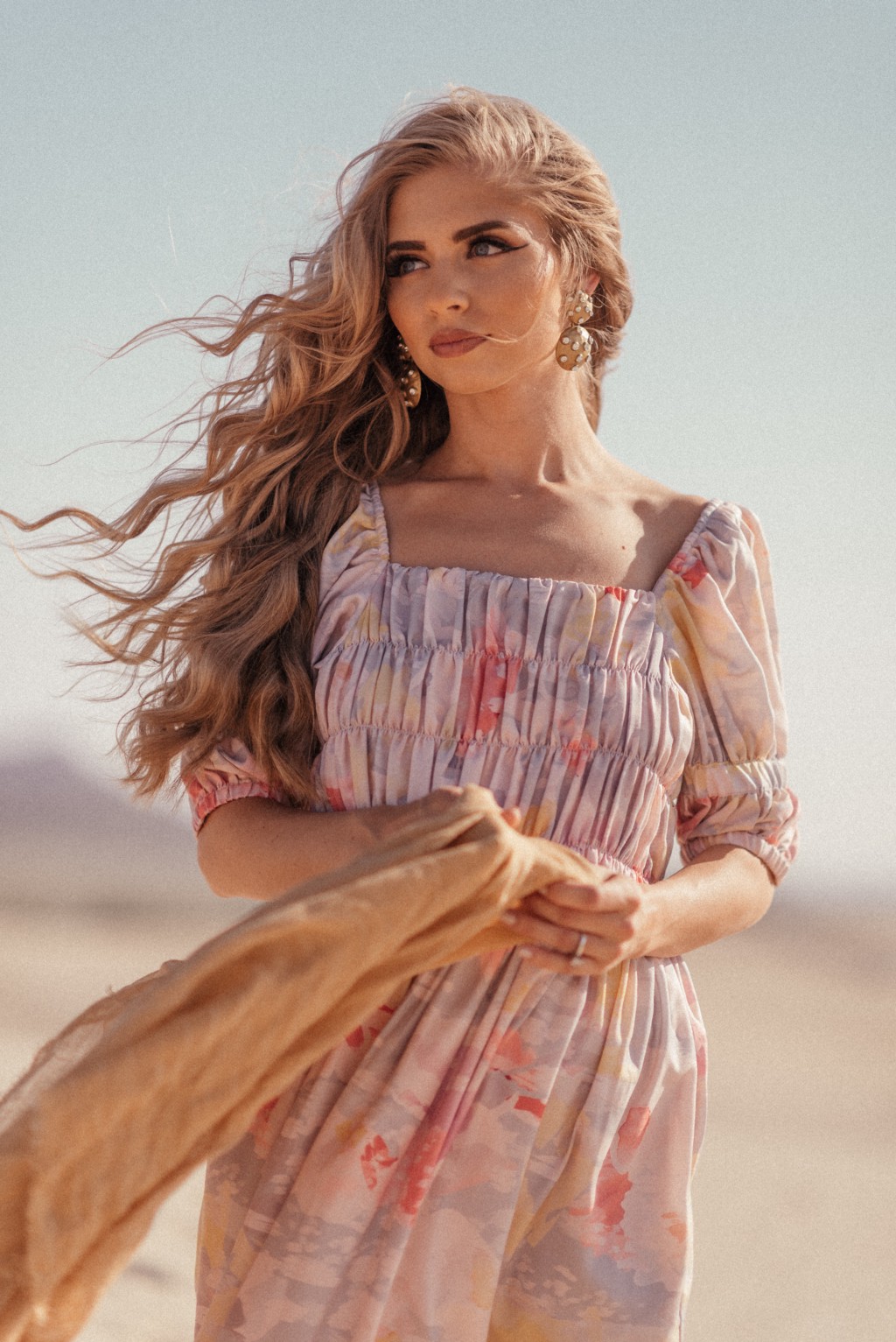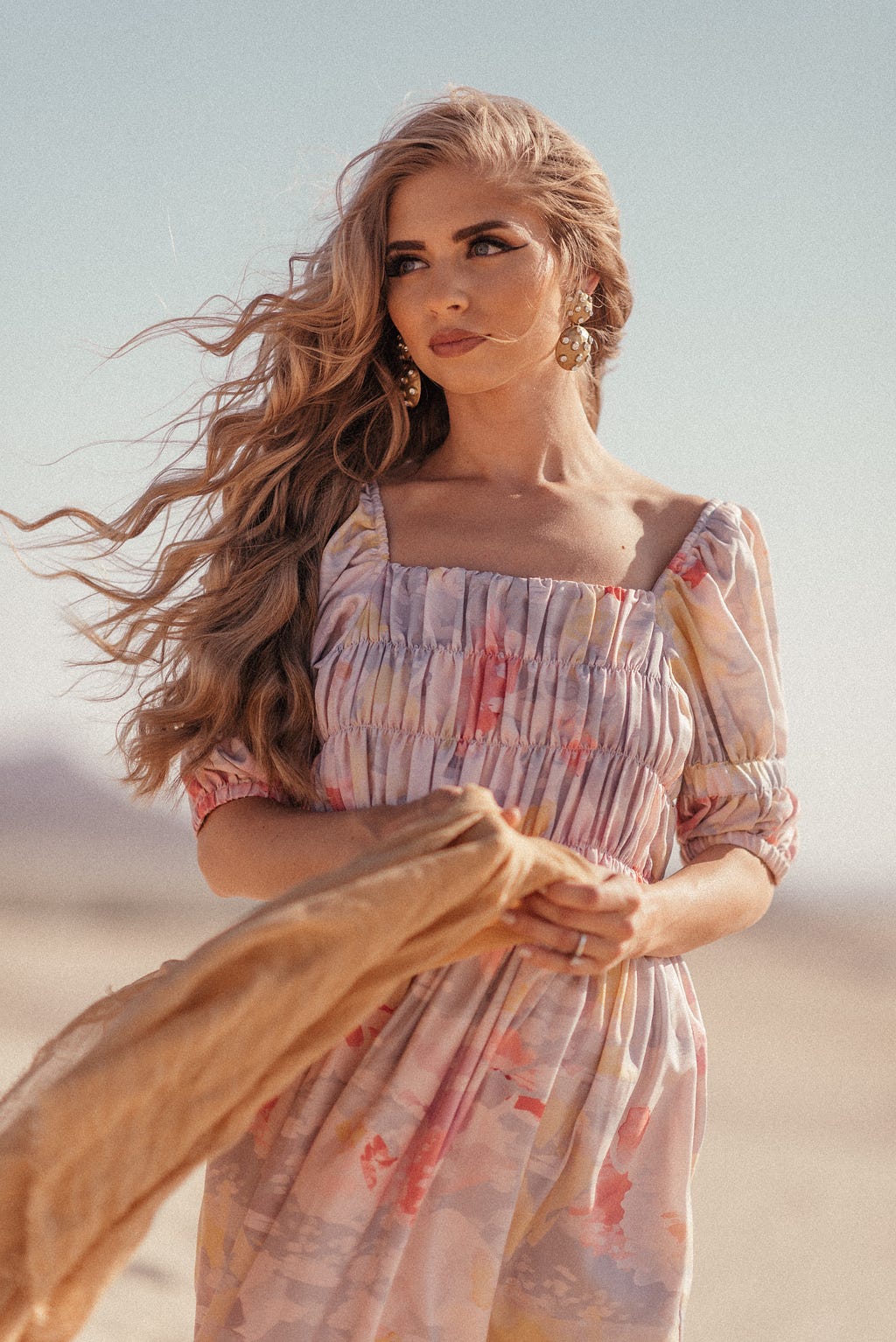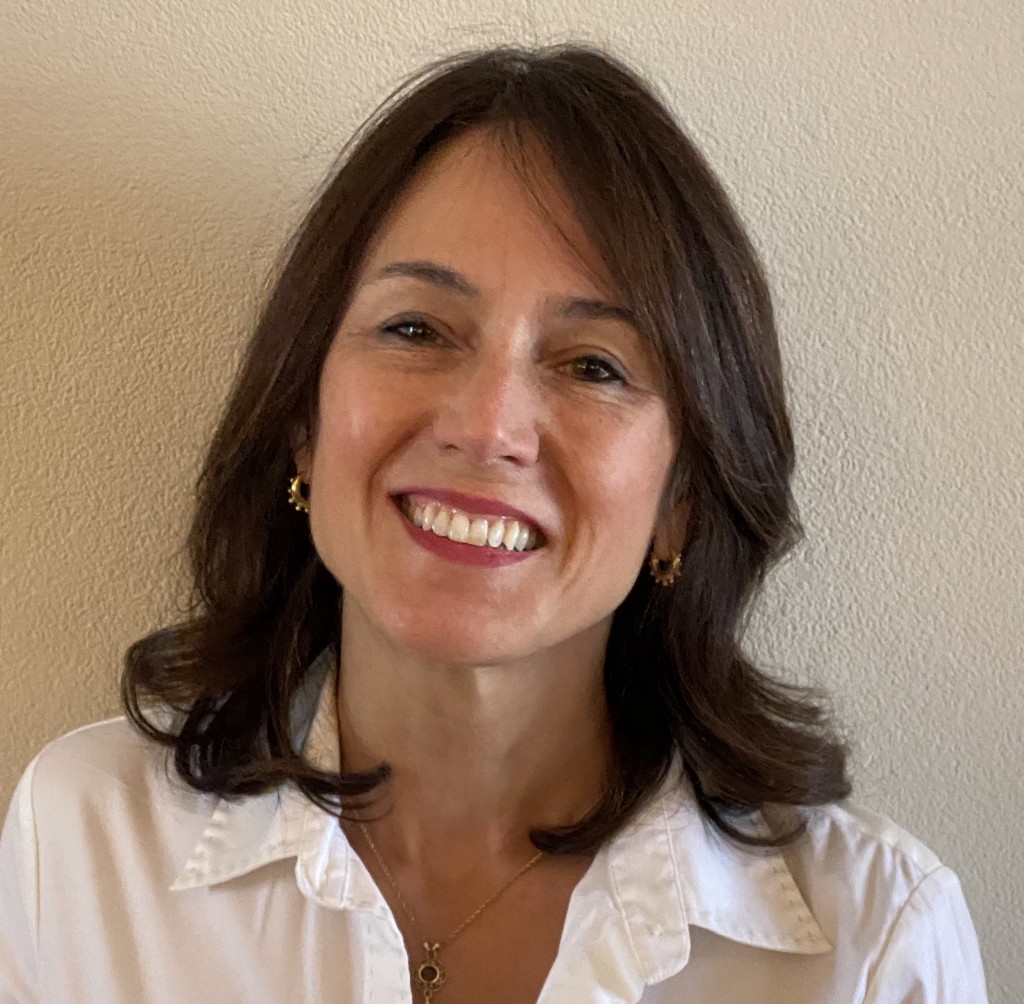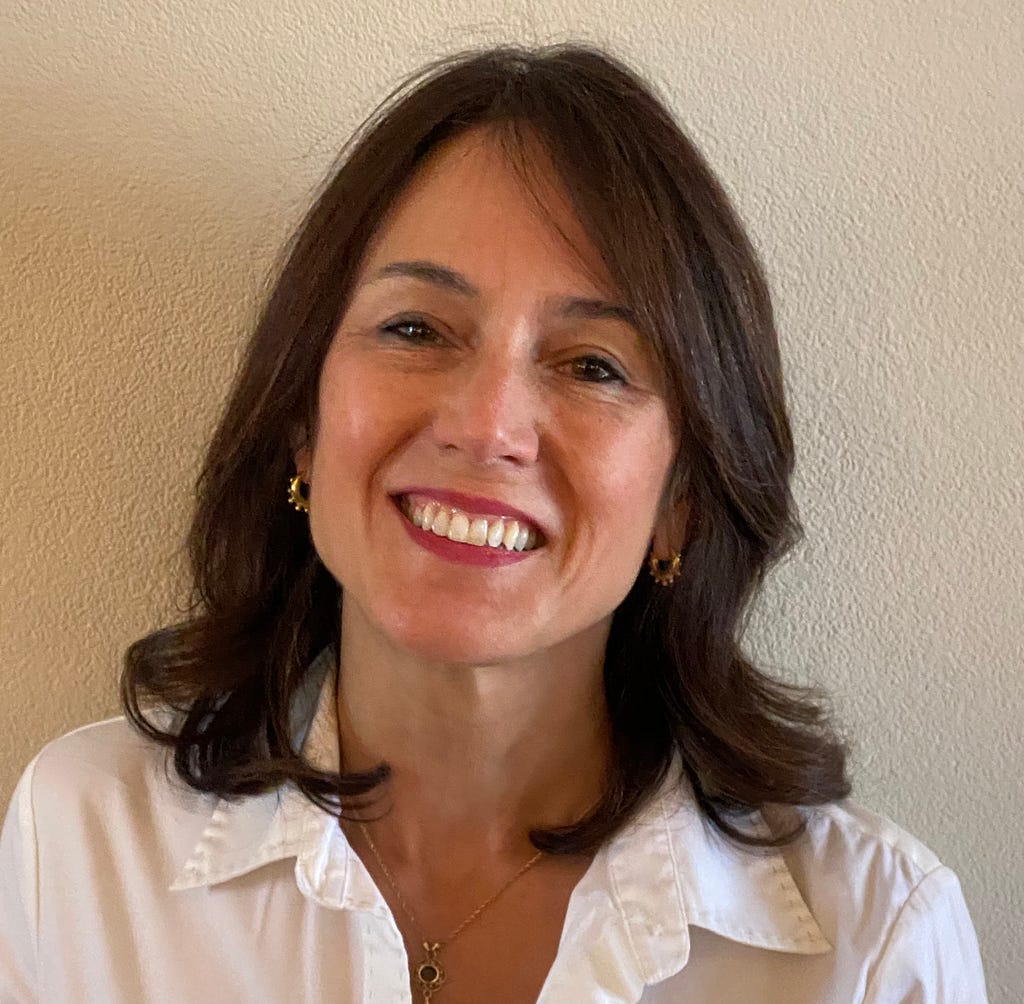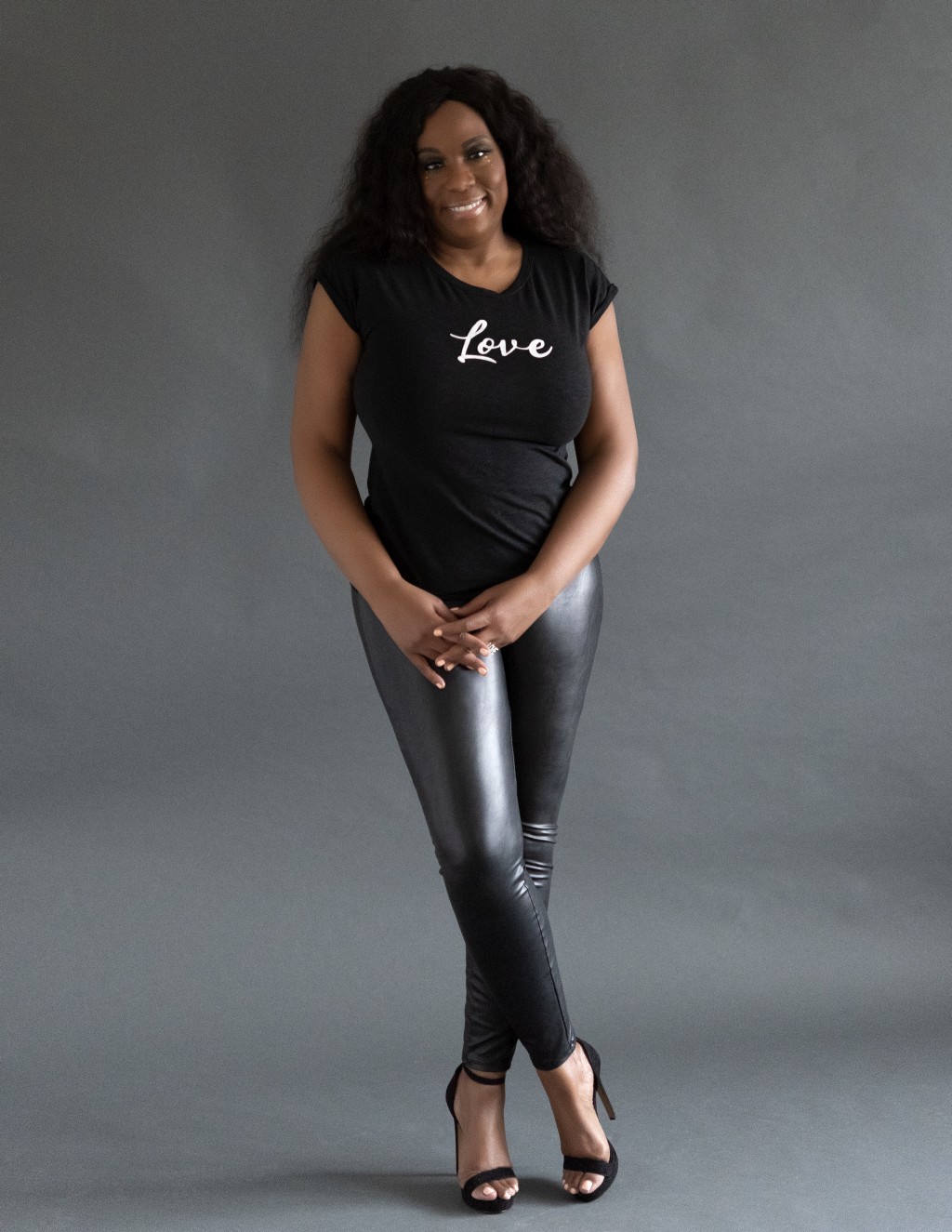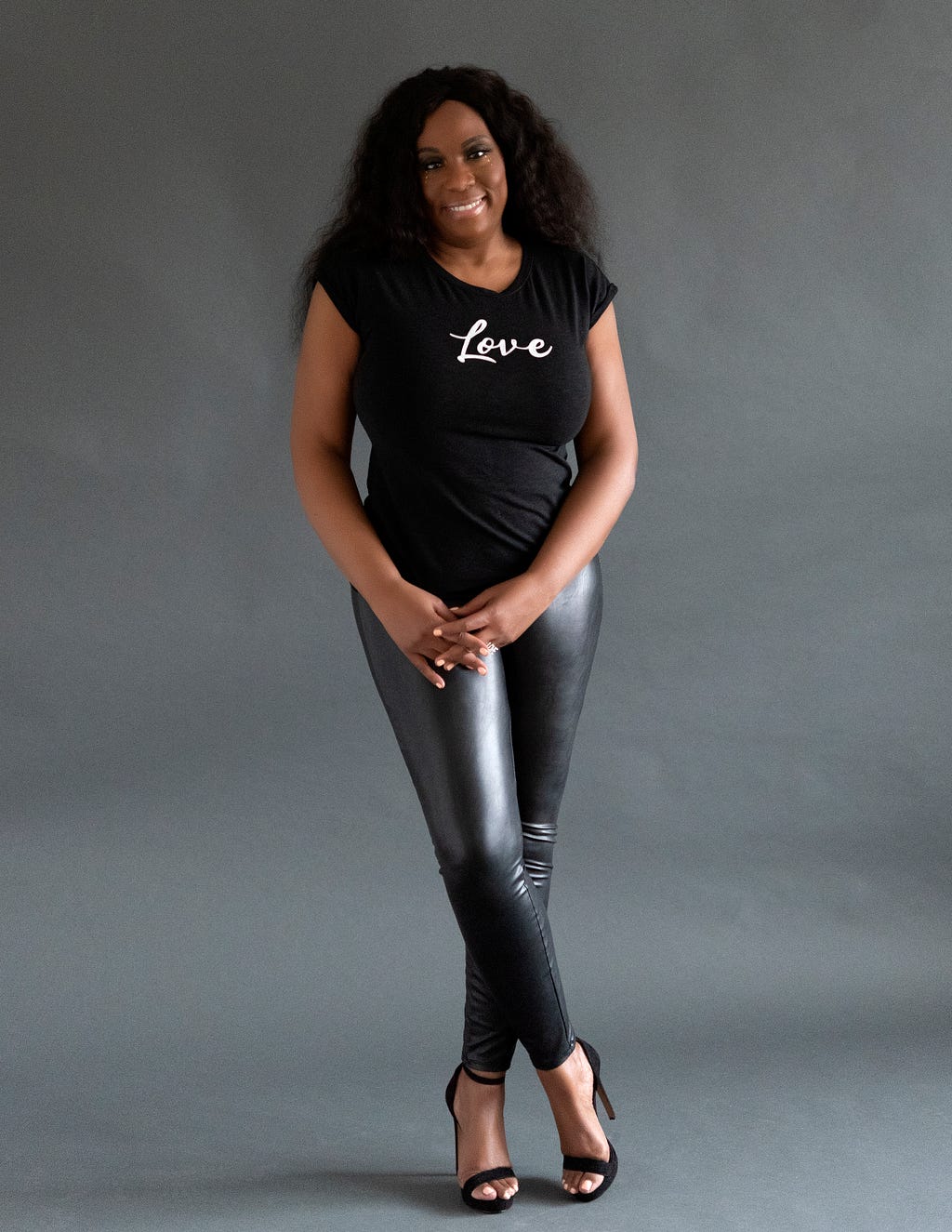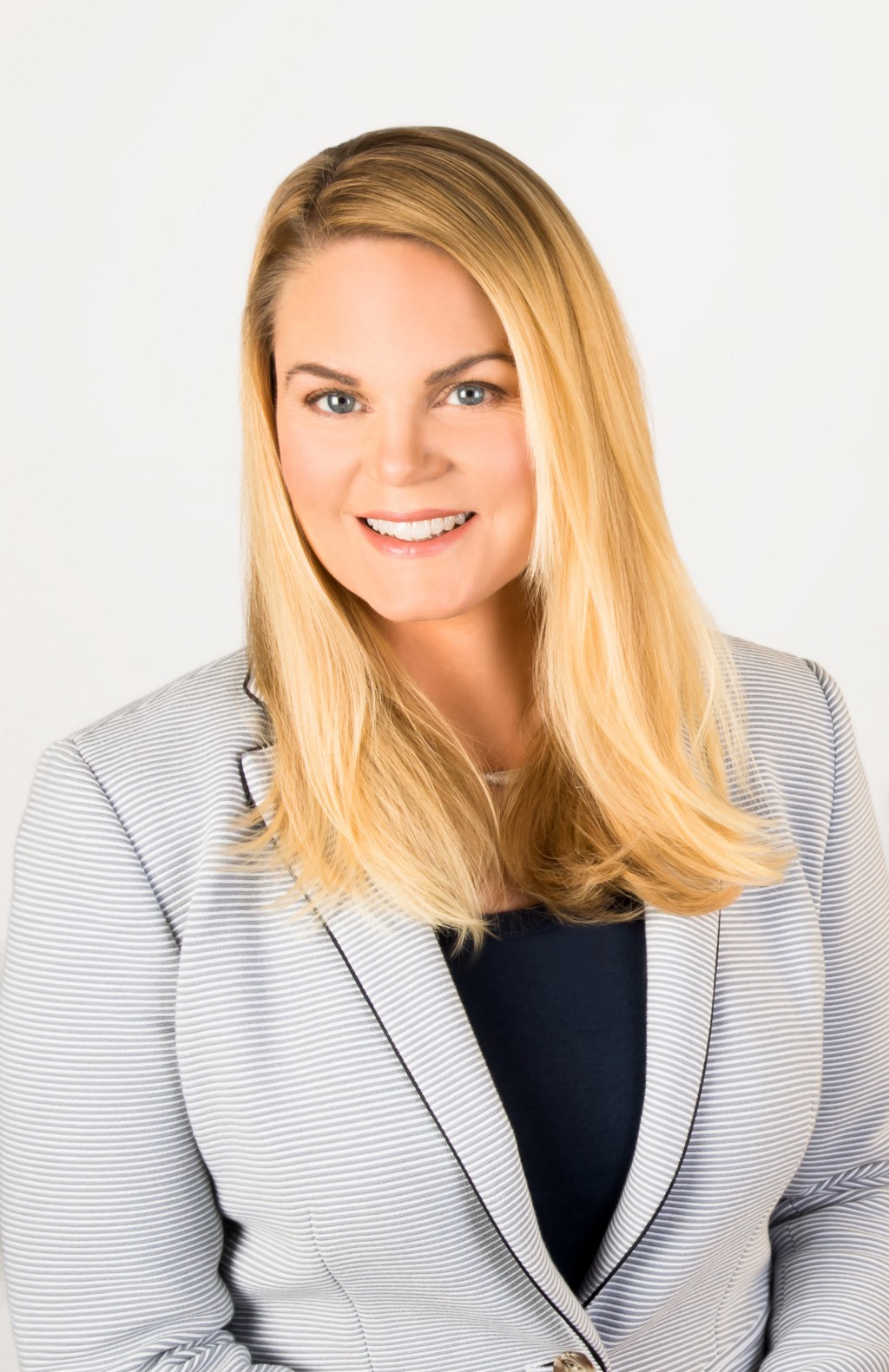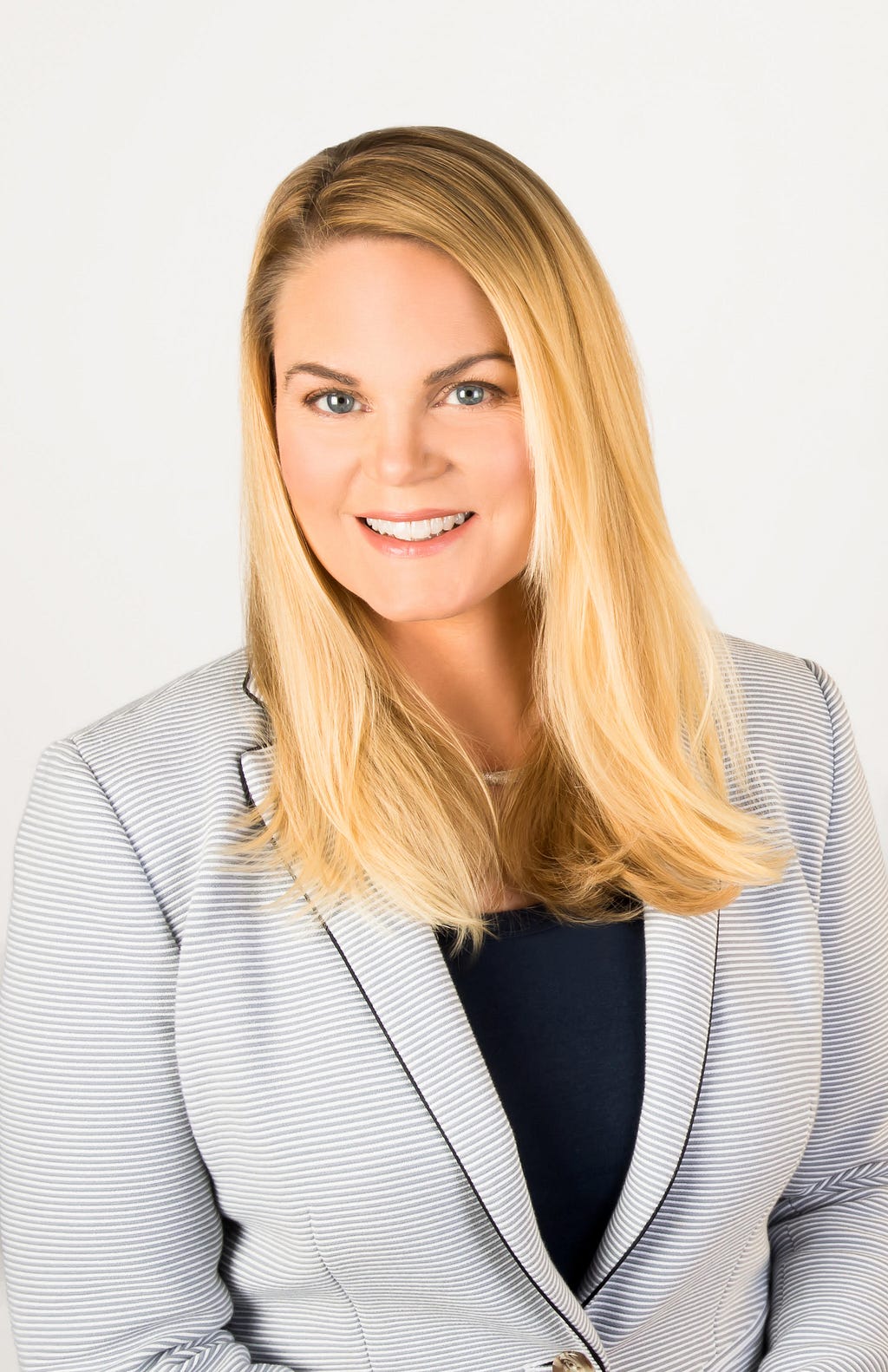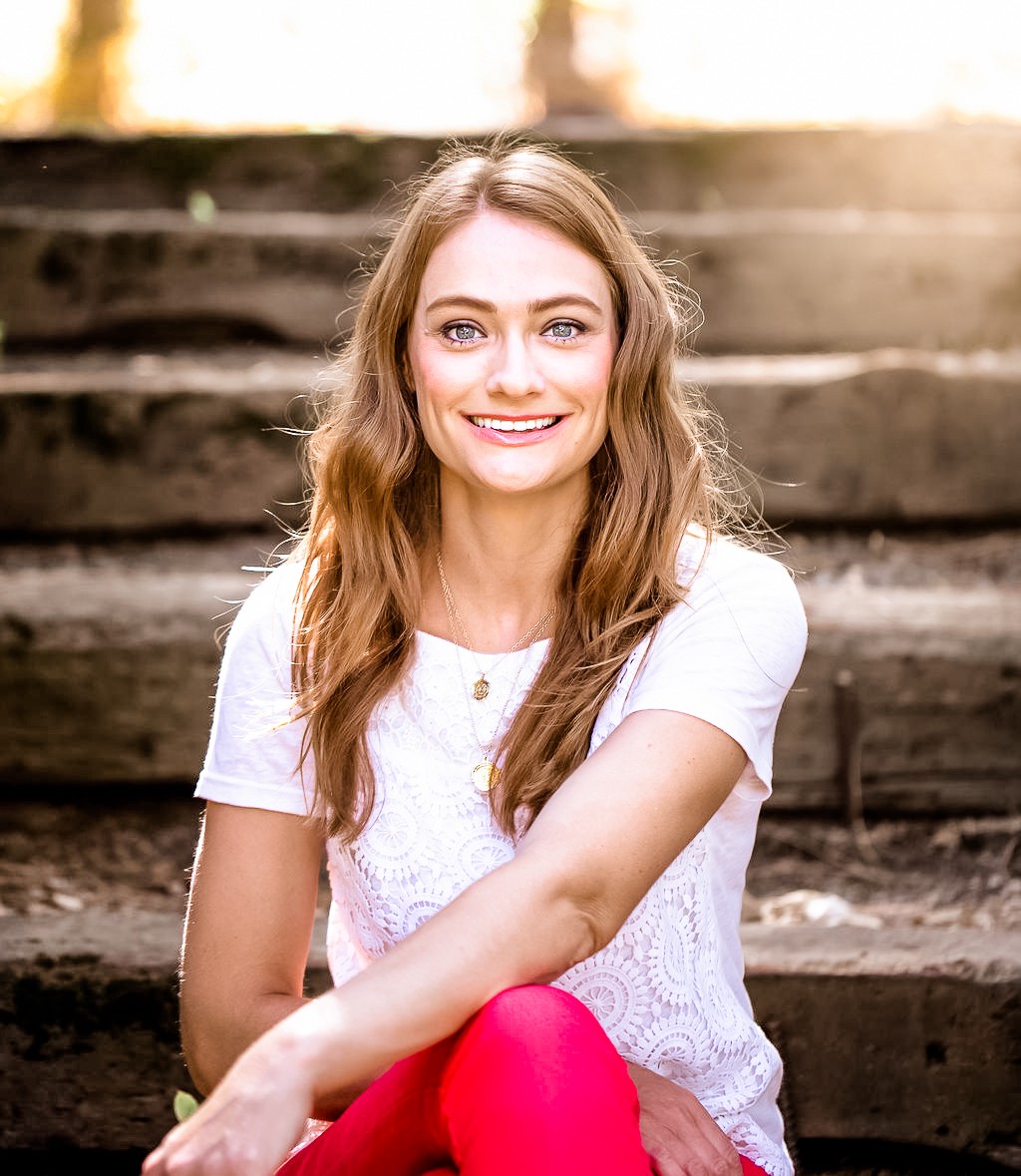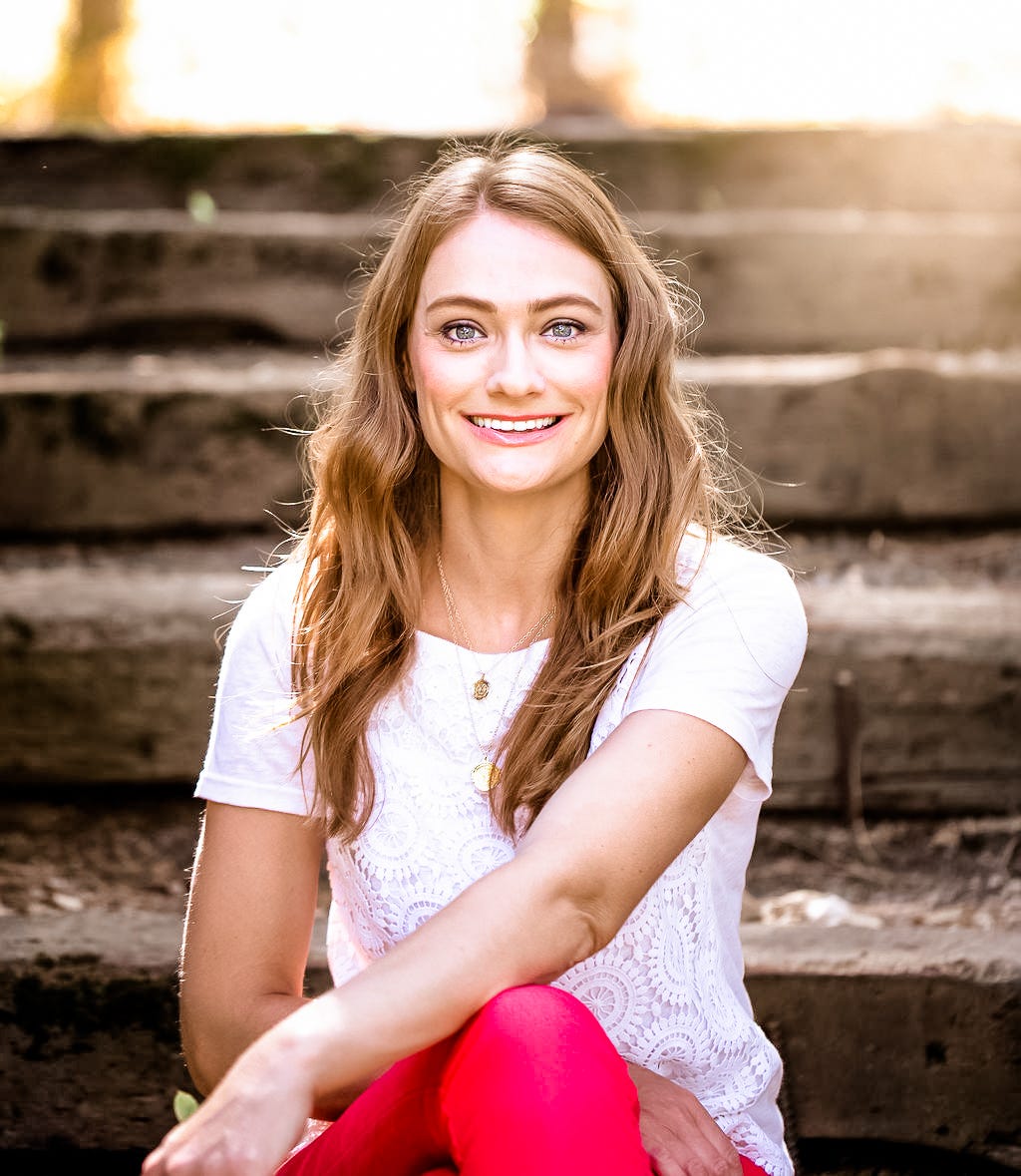Women In Wellness: Muirgheal Montecalvo of Vacayou Wellness Travel On The Five Lifestyle Tweaks That Will Help Support People’s Journey Towards Better Wellbeing
An Interview With Candice Georgiadis
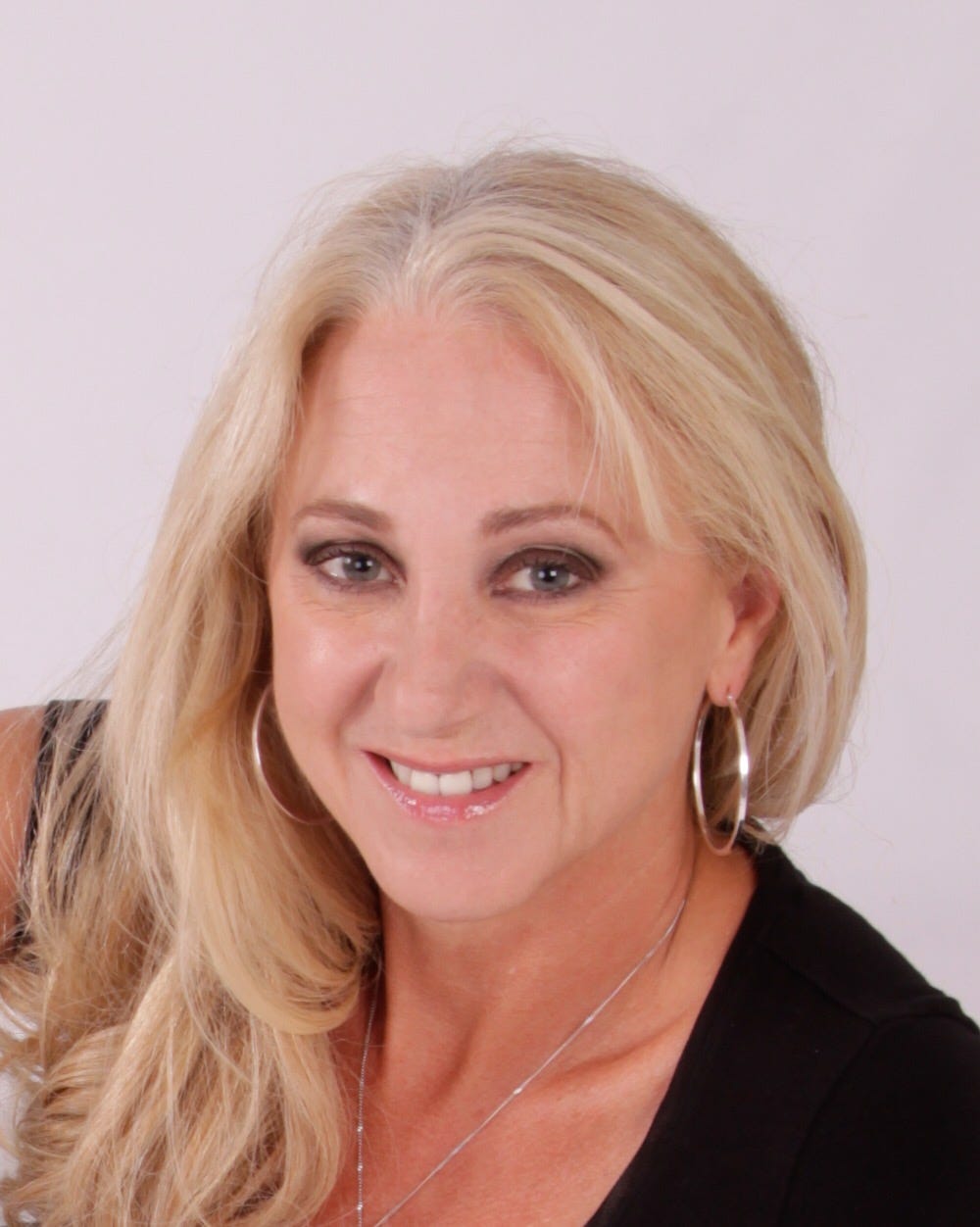
Take a break from technology. Our minds need peace and time away from TV’s, phones, devices. We have become too dependent on them. Our brains have become overworked, and it seems we can’t even escape for a few days without needing to check in. Digital detox can do wonders for our bodies.
As a part of my series about the women in wellness, I had the pleasure of interviewing Muirgheal Montecalvo, founder and CEO of the North American’s 1st Wellness and Active Travel Website where you can research, find and book amazing trips where you don’t have to compromise your health when you travel.
Muirgheal was born and raised in Europe where she developed a love for the outdoors, walking on quiet beaches, wandering through the sounds of nature and most importantly a love for travel. After a strong career in sales, Muirgheal went back to her first love to create a wellness travel company.” It takes a few days before you feel that sense of peace and disconnect where we could truly begin to relax, let go and rejuvenate”, says Muirgheal,” it’s important to take enough time to allow yourself to refresh”. Muirgheal believes that we each have our own versions of wellness, whether hiking through the quiet forests or listening to the the waves crashing as you walk along the beach, or perhaps it’s a full immersive wellness spa experience. All these activities provide us with a way to leave the sounds of the world outside and detox our mind, body, and soul.
Thank you so much for joining us in this interview series! Our readers would love to “get to know you” better. Can you share your “backstory” with us?
I was raised in Ireland just outside a little village on the entrance to Cork Harbor. It was quiet, a small fishing village in winter and in the summer, we got the “blow ins” and the village was alive with people enjoying the beach and the weather! With the oldest yacht club in the world being the village claim to fame, we had great regattas in the summer out of the harbor and lots going on! However, winter was quiet, dark, and cold. We made the best of it with the local kids. We found things to do, crawled through local ruins to explore, took long walks, and find solace in the silence. It was nice and always peaceful. Although like most 18-year old’s, I wanted to get out and experience more excitement, so I left for the USA to come to college. What a huge change! I missed the beach walks so I moved to St. Pete Beach where I could have the best of both worlds, a city, and a beach close by. It was here that I enrolled in the waterfront Bayboro Campus and graduated from USF with a degree in Geography and a continued love for travel.
Can you share the most interesting story that happened to you since you started your career? What were the main lessons or takeaways from that story?
My early career quickly started in travel and hospitality sales. I trained on the GDS system in Dallas, but quickly found that I would rather be active than sitting behind a desk. I joined a company that worked with hotels and restaurants and launched many new products, there was always something new! I was fortunate to be chosen as one of the sales team to build out a new travel website call Expedia — funny when I think about it today, no one knew what Expedia was! It was owned by Microsoft at the time. I loved it! — and won an award for bringing on board the most hotels signed in a short amount of time! This was it! I was hooked on the startup world and launching new travel and hospitality products.
Can you share a story about the biggest mistake you made when you were first starting? Can you tell us what lesson you learned from that?
There were a few, and I don’t necessarily call them mistake but perhaps missed opportunity and teachable moments. I have been entrepreneurial since I was a child with a love for independence. Although, I never had the courage to take the chance to go alone. Maybe it wasn’t the right time or the right idea. When I finally decided to go it alone and build my own company, I thought I should bring on a partner although I didn’t know much about business partnerships. I had a great idea, a market problem, and an opportunity to potentially fix it and others quickly saw my vision although they were also quick to take advantage. My trusting nature gave way to not getting solid legal advice about partnerships and it didn’t end well. I came close to losing my dream. I quickly learned that it’s important to get good advice right from the beginning and to hire slow and cut your losses fast if it’s not working out. I’m fortunate now to be surrounded by good people and have learned to trust my intuition and if possible, hire contractors first so that you can test their capabilities and your relationship before making commitments. It was empowering to push back and get those people out of my life. No one said a startup would be easy!
Let’s jump to our main focus. When it comes to health and wellness, how is the work you are doing helping to make a bigger impact in the world?
At Vacayou we envision a future where every travel experience enhances your well-being, and you can do that through mindfulness, movement, nourishment, and destination. Leave the stressors of the world behind and disconnect with yourself where you come back relaxes, healthier, happier, and more productive.
At Vacayou our mission is to education you on the benefits of taking a healthier vacation and help you find and book the perfect wellness experience so you can feel the transformation of this type of getaway.
Can you share your top five “lifestyle tweaks” that you believe will help support people’s journey towards better wellbeing? Please give an example or story for each.
- Exercise — is by far the most important of the five. Getting your body moving each day can change the way you feel. It has so many great benefits other than just a good-looking body, you are healthier inside and out. It creates a healthier mind, healthier lifestyle, and can supply clarity to make better decisions. Even your body organs function better. Exercise endorphins lead to living a better lifestyle where you are less likely to feel anxiety and stress. Take the plunge towards the journey of living a better and fuller lifestyle. Your body will thank you for it.
- Take a break from technology. Our minds need peace and time away from TV’s, phones, devices. We have become too dependent on them. Our brains have become overworked, and it seems we can’t even escape for a few days without needing to check in. Digital detox can do wonders for our bodies.
- Eat healthier — watch what we put into our bodies. Stay away from fried foods and eat plenty of vegetables and greens.
- Always be open to learning — there is so much useful information out there and it feeds your mind and keeps your brain moving and active.
- Explore — Don’t be afraid to step outside your comfort zone. Take a trip, explore a new town, or start a new sport or challenge yourself to a new hike. It will keep you moving!
If you could start a movement that would bring the most amount of wellness to the most amount of people, what would that be?
It would be great to find a way to bring wellness programs into the schools. Many schools dropped recess and children need it! Recess is so important as it allows kids to get outside and get fresh air, form relationships, run around play with their friends. This is wellness and feeds their minds and add a wellness class into the curriculum every year, not just PE where they learn about all thing’s wellness including nutrition, foods they should avoid, exercise and what it does for the body and mental well-being. I feel reaching children in schools at an early age will reach the most amount of people to live a healthier lifestyle.
What are your “5 Things I Wish Someone Told Me Before I Started” and why?
- Protect yourself from Day 1
- Entrepreneurship is not always easy
- Focus on One Core Product
- Hire to your weaknesses
- Trust your instincts
Sustainability, veganism, mental health and environmental changes are big topics at the moment. Which one of these causes is dearest to you, and why?
They are all important to me although with everything that has happened with the pandemic over the last 2 years, I think mental health stands out right now. So many are struggling with being alone and separated from others. Our children have been hidden behind masks, not being able to see their teachers faces or the smiles of friends, away from their families and sports. I believe that right now many need a mental reset. Mental health effects our emotions and our social well-being. It decides how we manage stress and relate to others. Its present in how we think, feel and act and how we make choices. The effects of the last few years could be lasting and its important right now that we address this as a society and make sure everyone is getting the reset and help, they need.
What is the best way our readers can follow you online?
If you would like to stay in touch, follow me on LinkedIn at: https://www.linkedin.com/in/mmontecalvo/
You can also follow our social channels at:
https://www.linkedin.com/company/vacayoutravel
https://www.instagram.com/vacayoutravel/
https://www.pinterest.com/vacayoutravel/
https://www.facebook.com/vacayoutravel
Thank you for these fantastic insights!
Women In Wellness: Muirgheal Montecalvo of Vacayou Wellness Travel On The Five Lifestyle Tweaks… was originally published in Authority Magazine on Medium, where people are continuing the conversation by highlighting and responding to this story.


